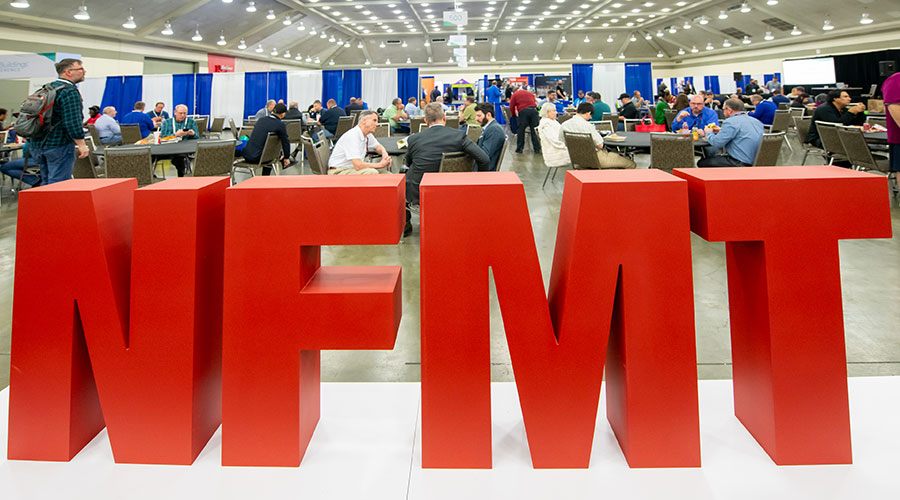
Skilled Trades See AI in Their Future
Artificial intelligence and digital tools have gained momentum among front-line workers. August 27, 2025
By Dan Hounsell, Senior Editor
As facilities departments continue to struggle with years-long staffing challenges, skilled trades workers have provided maintenance and engineering managers with an incentive to embrace and invest in advanced technology in their operations as a way to lure next-generation workers.
A recent survey from the National Fire Protection Association (NFPA) highlights the way skilled trades workers view industry changes and where their fields are headed, against the backdrop of persistent labor shortages and growing demands fueled by infrastructure investment and technological advancement.
Most interestingly, the survey found that artificial intelligence (AI) and digital tools have gained momentum among skilled trades workers:
- Niney-five percent of respondents believe AI has a purpose in at least some day-to-day job functions in the skilled trades.
- Thirty-one percent of respondents see AI as a tool to help skilled trade workers streamline tasks amid ongoing labor shortages.
- Thirty-nine percent say they hope AI will spur industry growth and make the trades more appealing to the younger, tech-savvy workers.
- Twenty-five percent of respondents remain skeptical of AI’s purpose in the skilled trades, though many have seen benefits from the adoption of advanced technologies.
- Sixty-four percent of respondents have noticed an improvement in workflows and collaboration among their teams since implementing digital tools.
The survey also revealed that training remains top of mind for industry professionals. Seventy-eight percent of skilled workers participate in at least one NFPA training and development program a year. Of this group, 43 percent participate once a quarter, and 17 percent participate twice a year.
Dan Hounsell is senior editor for the facilities market. He has more than 30 years of experience writing about facilities maintenance, engineering and management.?
Next
Read next on FacilitiesNet












